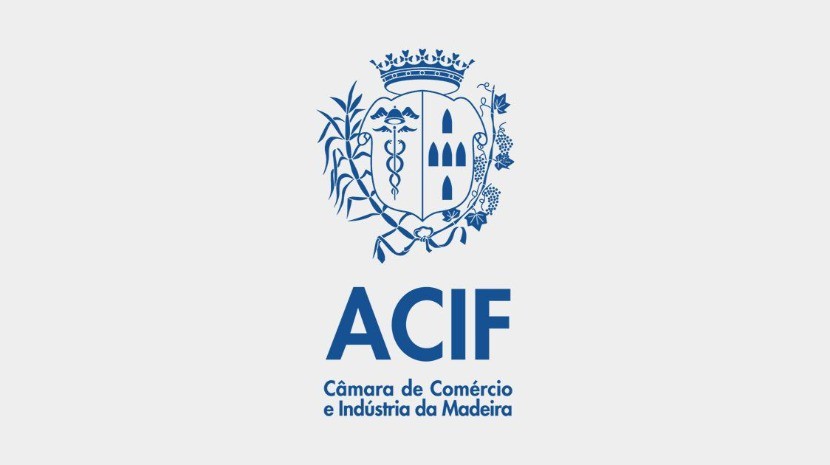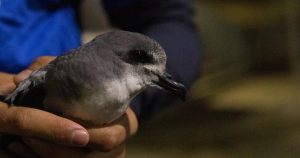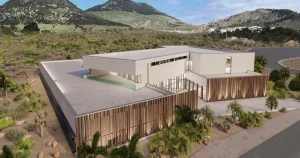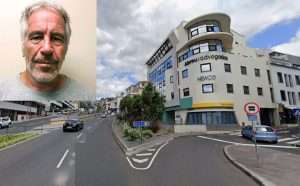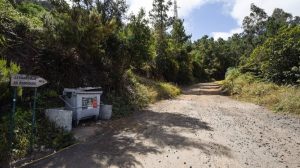The Commercial and Industrial Association of Funchal (ACIF) today suggested the implementation of access control and flow management systems, on the most popular routes such as Rabaçal, Queimadas, Pico do Areeiro – Pico Ruivo, through the development of an app.
The application should “provide information to tourists, companies, and residents about public transport schedules and possible access shuttles, as well as the list of Travel Agencies and licensed Tourist Entertainment companies that promote walks and nature activities.”
In the same application, the same entity adds, “it should be possible to consult the expected occupancy rate of the main recommended routes throughout the day, with real-time reporting of the flow of people who are at that same time on the most visited routes, and should also, in cases of large affluence, suggest alternative routes or points of interest, thus contributing to the regulation and reduction of pressure.”
In a statement entitled ‘ACIF’s contributions – New approach to tourism in the Autonomous Region of Madeira,’ the association is concerned about the massification of the sector and puts forward suggestions that aim to mitigate the impacts of tourism in the most visited places and that have raised several problems.
“We believe it is essential that, after the period in which the Regional Government was in office, having an approved Government Programme and Budget, concrete measures are taken to mitigate the constraints generated by the increase in the number of visitors and discipline the access and conservation of the main points of tourist interest,” defends ACIF.
In the extensive statement, the association recalls that “it presented solutions to control abusive parking in Pico do Areeiro, arguing that it is feasible to create an additional 2 or 3 parking lots for rent-a-car vehicles, served by a shuttle transport to and from there, and this offer may even be extended to Ribeiro Frio, minimising the traffic problems, especially as it does not have natural conditions to increase its current parking capacity.”
From ACIF’s perspective, the “recent announcements of the creation of a parking lot in the Casa das Sorveiras area, the collective public transport connection between Funchal and Pico do Areeiro and, more specifically, the adoption of the shuttle between Poiso and Pico do Areeiro from the 5th of August, are important and well-intentioned measures, however, without the proper restriction of access to light cars, they will only contribute to the blocking of traffic, since, although with the punctual control of the Public Security Police, abusive and irregular parking and the lack of parks to accommodate vehicles will remain.”
“It should be noted that, as a rule, tourist transport vehicles are unaware of the existing traffic constraints, being even the most injured in the face of the difficulties that irregular parking causes them, so we defend the placement of control barriers next to the parks that may be created, only allowing access to vehicles from duly licensed companies, as well as residents in the Autonomous Region of Madeira,” he stresses.
With regard to the problems of parking and access to Cais do Sardinha, ACIF suggests that “a similar solution should be found, through the creation of second-line parks, identifying places of possible use, and may even resort, at the limit, to a platform of the Industrial Free Trade Zone for this solution.”
“In the field of health, it is urgent to review and strengthen waste collection processes and the adoption of strategically located support structures, as well as to ensure the maintenance of the natural state of routes and places of tourist interest,” an ACIF spokesperson further stresses.
Tourist tax
ACIF-CCIM reinforces that “it has been presenting to the responsible entities a tourist tax model that shares common resources and revenues, but for which most Municipalities have not shown acceptance, namely those with the greatest capacity to generate value.”
“However, given the increase in tourist pressure in their territories and the inherent costs, we consider it possible for the City Councils to revert, in an equitable way, part of the revenue from their municipal tourist tax to a Fund, to which the Regional Government should match the amount, in order to meet the management of the requirements of maintenance and organization of places of tourist interest.”
Views: 2

